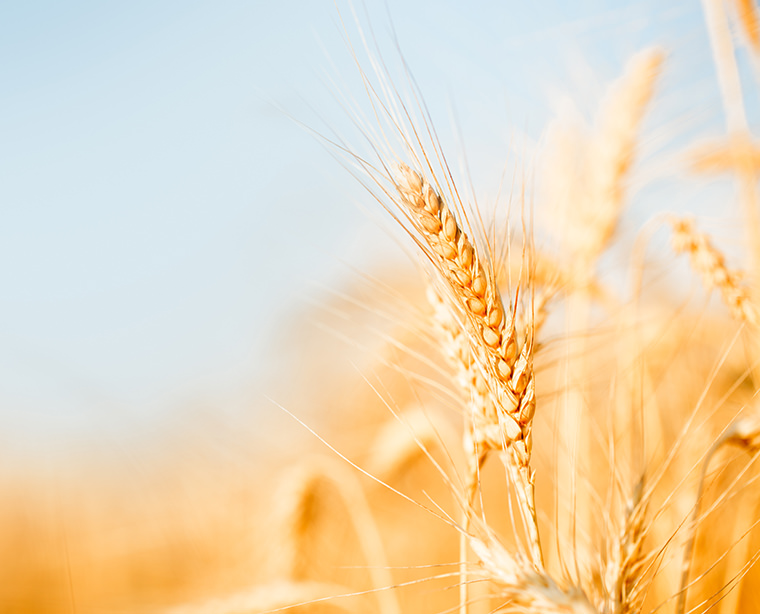

Eczema and cow’s milk: beware of myths

In rare cases, an allergy to the proteins in cow’s milk may be associated with atopic eczema and make symptoms worse. Even then, strong arguments are needed before you can point the finger at a cow’s milk allergy.
Atopic eczema is not caused by food allergies
In fact, the vast majority of babies with atopic eczema have no food allergy. The only connection between the two is that atopy may increase the risk of food allergy. More precisely, newborns with atopic eczema are more likely to develop a food allergy. One must emphasize that even a proven allergy does not cause eczema.
Misunderstandings arise due to the fact that an allergy may aggravate flare-ups. The symptoms associated with an allergy to cow’s milk proteins are vast. They include vomiting, diarrhea, discomfort and unusual crying... but not eczema.
Do not switch baby’s milk without consulting your doctor first
Watching your baby suffer and struggle with sleep is extremely difficult. Nonetheless, you must absolutely stay calm and avoid making any rash decisions that could do more harm than good; this includes switching over to plant-based milk without a doctor’s advice.
Alternatives to cow’s milk (plant-based milk, rice milk, etc.) are recommended by doctors only in certain cases, such as a proven allergy to cow’s milk proteins.
The doctor will conduct exams that include tests (prick-test, patch-test, avoidance and reintroduction tests). Additional tests may also be performed to confirm the diagnosis (exploration of mucous membrane, etc.).


